A few weeks ago there was a phrase in an NBC article that caught my attention:
“…with the soul-satisfying sight of Trump being frog-marched down the Mar-a-Lago porte-cochère.”
“Frog-marched.”

I’d heard the expression and knew it was something bad, and something bad + Trump in the same sentence sounded good to me.
But “frog-marched” isn’t a phrase we hear often, and I decided to find out exactly what it meant.
There are lots of etymology sites online, “etymology” itself being an interesting word meaning “the study of the origin of words and the way in which their meanings have changed throughout history.”
I started my study with this site:
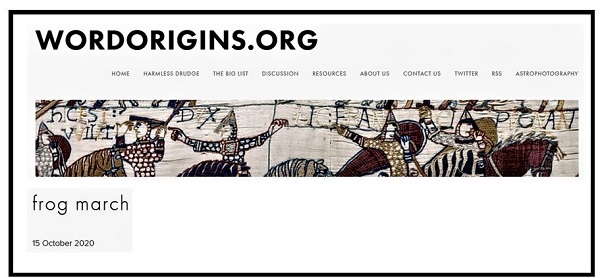
I learned that “frog-marched” first came into use in London, “and the earliest reference to it is in the 18 April 1871 Evening Standard” in the form of “frog’s march,” a noun rather than a verb:
“The London method is called the ‘frog’s march’ in which the prisoner is carried to the station, with the face downwards and the whole weight of the body dependent on the limbs.”
The article thoughtfully provided this illustration:

It pleases me to imagine Trump in this prisoner’s position.
Over time “the frog’s march” noun also became a verb:
“By the 1930s, the verb was used in reference to the much more efficient (but less frog-like) method of getting someone in an arms-behind-the-back hold and hustling him or her along.”
An unknown graphic artist thoughtfully provided this image:

This image also pleases me.
*****
Another word that got me thinking is “pithy.”
I encountered it in an otherwise forgettable book, when a character referred to the writing she did for her Instagram posts as “clever and pithy.”
“Pithy” has two meanings:
Of language or style: Concise; brief but full of substance and meaning.
Of a fruit or plant: Containing much pith.
Anyone who’s encountered citrus fruit has encountered pith – it’s that yucky white stuff between the peel and the fruit segments:

But how did that stuff get the name “pith,” and how did “pith” evolve into the adjective “pithy,” referring to language?
I looked at a number of etymology sites, but this time I did better on Wikipedia:

“The term pith is also used to refer to the pale, spongy inner layer of the rind…of citrus fruits (such as oranges). The word comes from the Old English word piþa, meaning substance, akin to Middle Dutch pitte (modern Dutch pit), meaning the pit of a fruit.”
Well, a bit of a stretch, but…OK
But – how did “pith” become the adjective “pithy,” meaning “concise; brief but full of substance and meaning”?
“Pith is also used figuratively to refer to the essential part of something.”
Ah…so if someone’s writing or speaking is “pithy,” it’s expressing the “essential part of something” in a way that’s “brief but full of substance and meaning.”
So I’d say “pithy” is a compliment
Unless you’re referring to that yucky white stuff:
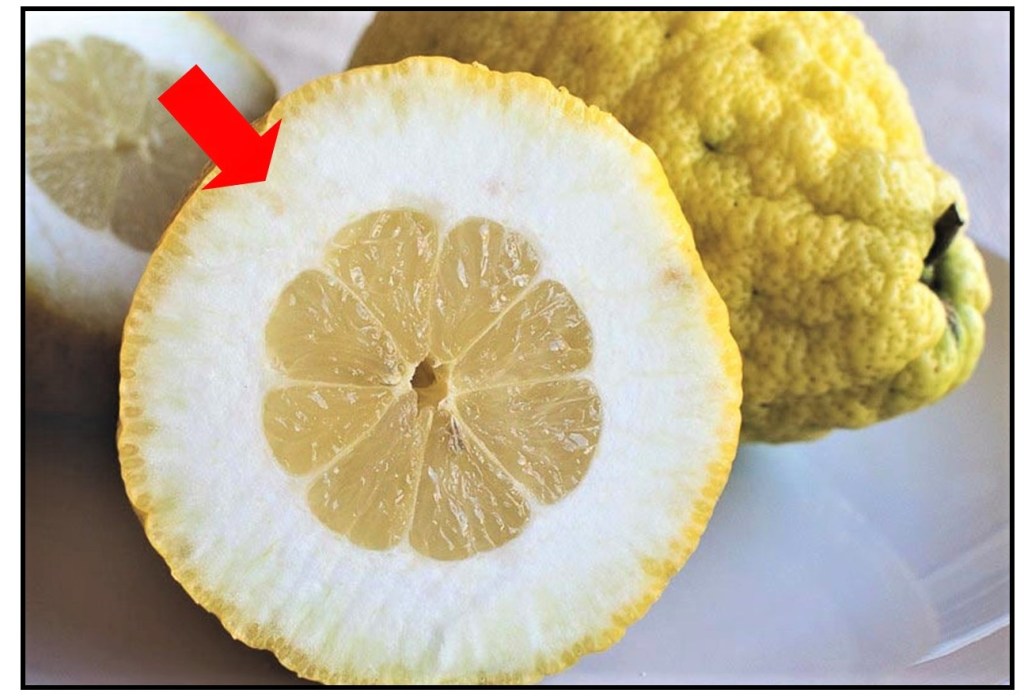
*****
I love words, which is a good thing since I’m a writer.
So I always look forward to Merriam-Webster’s Word of the Year, which comes out around the end of the year.
Here are their recent choices:
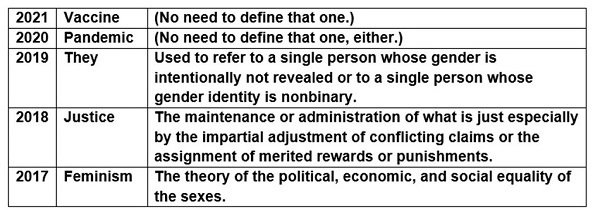
The 2022 word is an appropriate choice, but…
Not a nice choice:

“Merriam-Webster’s word of the year – and this you can believe – is ‘gaslighting.’
“The online dictionary chose ‘gaslighting,’ which it defines as ‘the act or practice of grossly misleading someone especially for one’s own advantage,’ as its top word of 2022 because it has become the ‘favored word for the perception of deception.’”
“Gaslighting” comes from the 1938 play and 1944 film Gaslight, the latter starring Ingrid Bergman, Charles Boyer and Joseph Cotten:
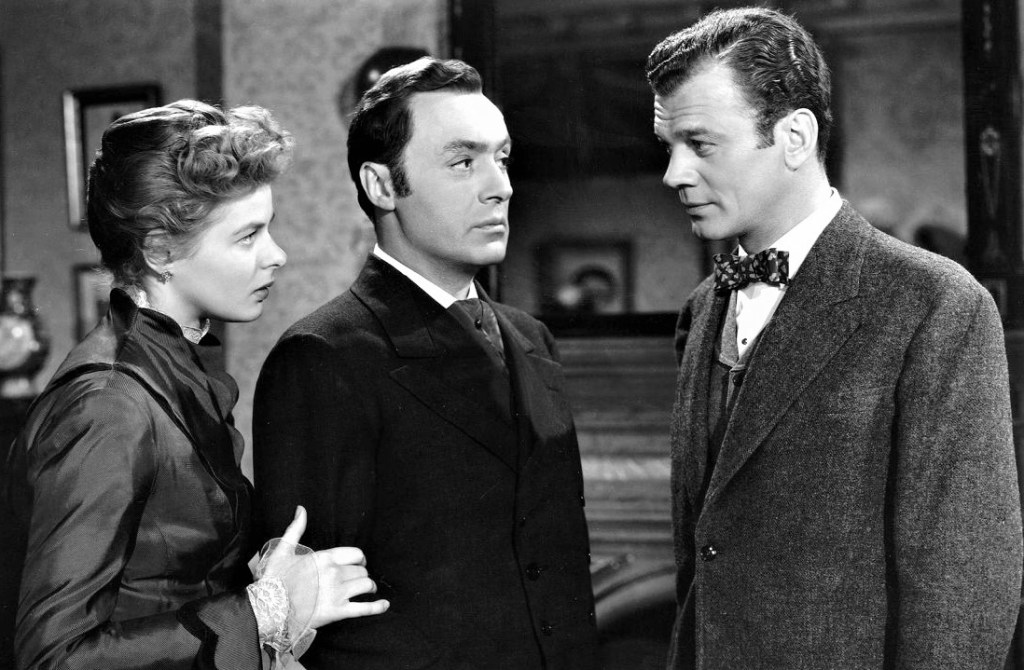
In both the movie and the play,
“…a nefarious man attempts to trick his new wife into thinking she’s losing her mind, in part by telling her that the gaslights in their home, which dim when he’s in the attic doing dastardly deeds, are not fading at all.”
This article:

Took the definition of “gaslighting” even deeper:
“…the psychological manipulation of a person, usually over an extended period of time, that ‘causes the victim to question the validity of their own thoughts, perception of reality, or memories and typically leads to confusion, loss of confidence and self-esteem, uncertainty of one’s emotional or mental stability, and a dependency on the perpetrator.’”
In both the CNN and AP articles there was direct and indirect linking of “gaslighting” and “Trump.”
No surprise there.
There are books about it…
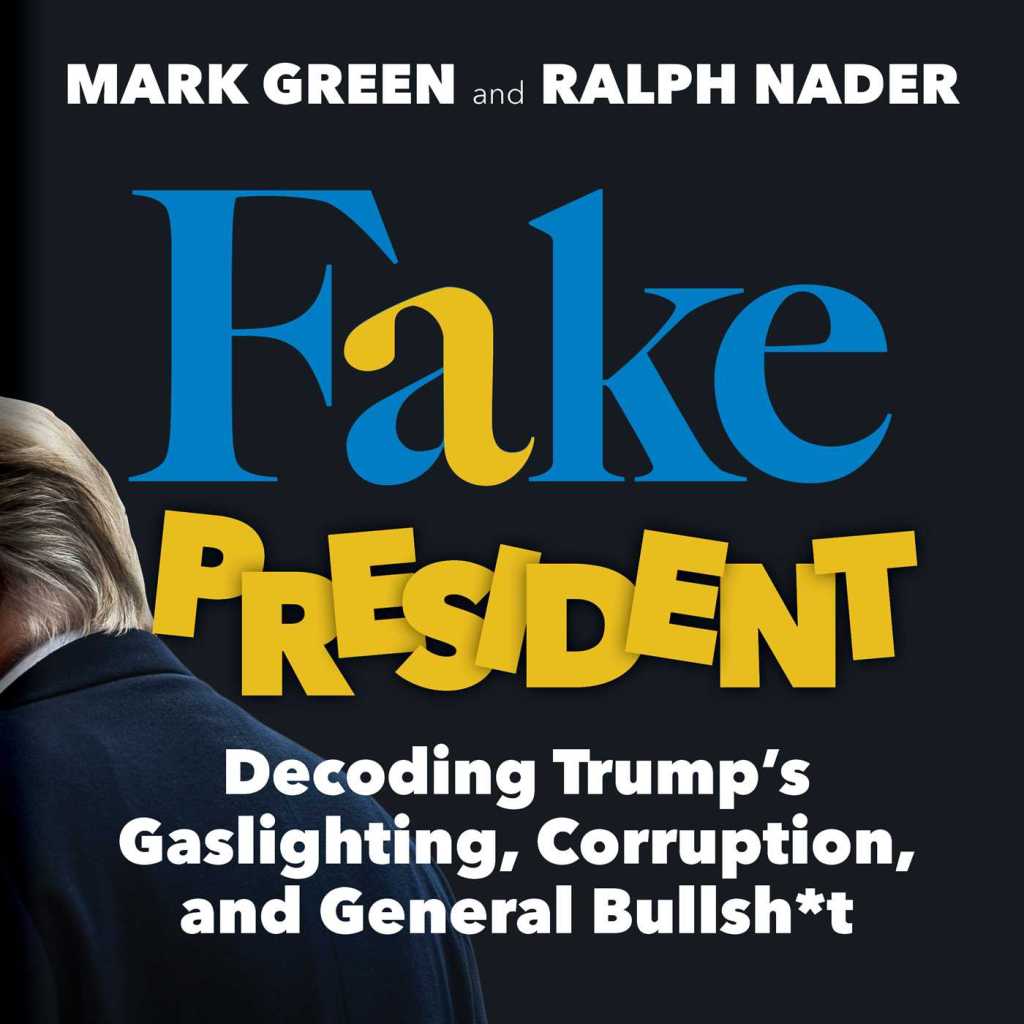
…and plenty of headlines, this one from several years before Merriam-Webster chose “gaslighting” as its Word of the Year for 2022:

Gaslighting: Word of the Year.
Appropriate, alas.
*****
Let’s wrap up Part I with this story and the ultimate word game:
The board game…

The online game…

The tournament game…

Scrabble, a game that’s been around and loved – and hated – for more than 70 years, has published its brand-new…

Here’s the November story:

“Bae, yeehaw, fauxhawk, thingie, adorbs, stan, vibing and sitch are just eight of the 500 new words Scrabble has added to the seventh edition of The Official Scrabble Players Dictionary, out this month. They will join more than 100,000 words from between two to eight letters. The book was last updated in 2018 and published through a partnership between Hasbro and Merriam-Webster.”
“Fauxhawk”?
Is that maybe a…fake…mohawk? As in hairstyle?
Indeed it is:

I learned a new word!
Bring on the Scrabble Tournament!
New words, old words, Old English words, Middle Dutch words – there’s no doubt about it…

Friday, January 13: More Words On Words And…
*****

